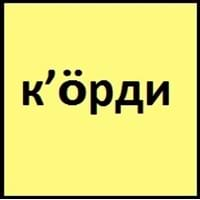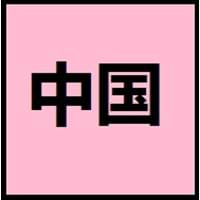Kurdish vs Chinese
- The vocabulary in Kurdish is of Iranian origin.
- In the middle East, Kurdish is the fourth largest ethnic group.
- Chinese language is tonal, since meaning of a word changes according to its tone.
- In Chinese language, there is no grammatical distinction between singular or plural, no declination of verbs according to tense, mood and aspect.
Kurdish and Chinese Language History
Comparison of Kurdish vs Chinese language history gives us differences between origin of Kurdish and Chinese language. History of Kurdish language states that this language originated in 16th century CE whereas history of Chinese language states that this language originated in 1250 BC. Family of the language also forms a part of history of that language. More on language families of these languages can be found out on Kurdish and Chinese Language History.
Kurdish and Chinese Greetings
People around the world use different languages to interact with each other. Even if we cannot communicate fluently in any language, it will always be beneficial to know about some of the common greetings or phrases from that language. This is where Kurdish and Chinese greetings helps you to understand basic phrases in Kurdish and Chinese language. Kurdish word for "Hello" is Silaw or Chinese word for "Thank You" is 谢谢 (Xièxiè). Find more of such common Kurdish Greetings and Chinese Greetings. These greetings will help you to be more confident when conversing with natives that speak these languages.
Kurdish vs Chinese Difficulty
The Kurdish vs Chinese difficulty level basically depends on the number of Kurdish Alphabets and Chinese Alphabets. Also the number of vowels and consonants in the language plays an important role in deciding the difficulty level of that language. The important points to be considered when we compare Kurdish and Chinese are the origin, speaking countries, language family, different greetings, speaking population of these languages. Want to know in Kurdish and Chinese, which language is harder to learn? Time required to learn Kurdish is 4 weeks while to learn Chinese time required is 88 weeks.





